It is important … to see details and a deeper understanding of an issue, not just an easy sentence of a larger philosophy. ~ Dan Gilman
Over the past few weeks, you may have noticed some headlines and social media content rallying the community around the theme that ‘Drag is Illegal in Pittsburgh,’ an inflammatory allegation that certainly caught my attention. After reading some of the details, I realized this was actually a case where occupancy zoning code was the culprit.
Local attorney and LGBTQ advocate Kyle C. Webster explained this on a Facebook post.
Drag is not illegal in Pittsburgh, nor is it in any way a crime. What is currently being discussed is a portion of the Zoning Code that only permits bars with drag performances as a primary use in certain areas of the city for fear of loss or denial of an occupancy permit. This part of the Code pertains to the business/ building owner and not to the drag performers themselves. It also does not implicate one off performances or the existence of drag generally in any part of the city. It is not a part of the criminal code and the punitive response to it is a loss of an occupancy permit, not jail time. Also, it is one of many laws that is never enforced or is unenforceable, but is still on the books. It has not been enforced at any point in my lifetime. It should be changed, yes. But all of the fear over the state of our city on this issue is based mostly on a misunderstanding of what is actually going on and misinformation – especially in these times, we need to make sure we operate under true understandings of things and not emotionally inflated half-truths.
I was concerned by some of the feedback from the community, especially comments indicating fear about drag being criminalized or feeling unwanted or unwelcome because of a zoning ordinance that has never been enforced. Changing the ordinance protects the venue owners from repercussions, but it is also true that it would reassure drag artists that they are a vibrant and valued part of the community.
Personally, I would have preferred a more robust dialogue that explored the nuances of performance art to include burlesque and more without such heightened rhetoric or reducing this topic to whether we care about people wearing a dress on stage. We do care and that is the point. We care about performance art, we care about the exploration of gender and nonbinary identities both through art and beyond, we can about including everyone at the table when having these conversations.
But, it is good news that at the February 8 City Council hearing where 4 members of Council – O’Connor, Harris, Kail-Smith, and President Kraus – indicated they would vote in favor of the change. The vote could come soon and is expected to be unanimous or without opposition.
Still, I wondered, why now? Is this *the* issue of the day or even *the* zoning issue we should be most concerned about (think affordable housing and housing development)? So I asked Dan Gilman, Chief of Staff to Mayor Bill Peduto and former members of Pittsburgh City Council to answer a few questions. He agreed. Gilman was the original sponsor of the proposed change to the code when he was still on Council.
You’ve been a long-time, firm ally to the lgbtq community. Fixing ‘bad’ zoning code is as important as proposing new ordinances when it comes to any underserved community. How did this specific issue come to your attention?
I received emails from a couple individuals asking if I would consider changing the code. This happened right after I did a proclamation honoring Richard Parsakian and presented it to him at an all-star drag fundraiser in honor of Richard.
While the proposed change to the zoning code is positive and supportive of drag as an art form, is it fair and accurate to say that drag was actually illegal, particularly in a colloquial sense?
No, in a colloquial sense, drag was not illegally in Pittsburgh. Under this outdated law it was a violation of a business’ occupancy permit to allow drag performances in most areas of the city. The zoning code treated these performances as equal to strip clubs.
In some public comments, you’ve been quoted as referring to ‘male and female impersonators’ which itself is an outdated way to describe the contemporary art of drag which is nonbinary. Please explain how that phrase matters legally and if it is relevant to further modifications of the code.
Technically, the legislation I introduced strikes the four words ‘male or female impersonators’ from the zoning code definition of “adult cabaret.” To your point, this is outdated and if this passes these words will be stricken from the code.
Did the previous zoning have any impact on specially permitted events like the drag show at the South Side street spectacular or Pridefest or other similar community events that were not tied to occupancy? Or perhaps the monthly drag performances at OUTtrageous Bingo at the Rodef Shalom venue?
No, I have not found any evidence of this outdated provision actually being enforced (at least in the last 15 years), nor have I heard of any examples of it impacting any permitted events.
Zoning code is a little understood form of regulation that can have a tremendous impact on any marginalized community. How do you suggest members of the lgbtq community educate themselves about municipal code and respond from an informed position? Where do you start if you don’t have a law degree?
This is a great question, zoning code is complicated, but critically important to the operations of the city and the development of our neighborhoods. We have a great team at the zoning office who are willing to meet with any individual or group to walk through sections of the code. I think we should also consider offering more of a zoning 101 course to the public.
The strong response to this issue suggests that the public is concerned with the impact of codes on our lives. How does the public channel that momentum to be more involved in conversations around housing zoning and regulation of public assets such as PWSA?
All of the items you mention go through extensive public hearings both downtown and out in the neighborhoods. There have been an extensive series of public meetings in the community about the land bank, affordable housing trust fund, pwsa, and countless individual projects. I encourage all residents to get more involved and attend these meetings. The best way to follow what meetings are happening are by joining your neighborhood community group, following key city twitter accounts (city, mayor, community affairs), and to join grassroots organizations.
In your new role as chief of staff to Mayor Peduto, what other lgbtq issues are on your agenda?
We need to build off the momentum of 2017 which included the 100% on the hrc scorecard, extension of benefits of for transitioning employees and gender reassignment surgery. In the coming year we need to continue to focus on relationships with public safety, lgbtqia+ homeless youth, and the transgender community. Most importantly, we need to listen and be flexible enough to quickly react to the ever-changing and threatening national dialogue and action.
Is it fair to say that the lgbtq community should look for elected officials and their staff to be well-versed in zoning regulations, occupancy permits, and other ‘wonky’ topics to effectively create a more equitable region? How do we ascertain that during campaigns and elections?
Yes, elected officials and their staffs should be a trusted set of eyes on these types of codes and regulations. During elections, it is important to listen to answers at forums, house parties, or in questionnaires to see details and a deeper understanding of an issue, not just an easy sentence of a larger philosophy. Understanding how government works and what level of government controls different issues is a critical first step to being able to effectively lobby, advocate, and change laws.
Thank you, Dan.
Follow Dan Gilman on Twitter @DanielGilman
Invest in independent political blogging in Pittsburgh!
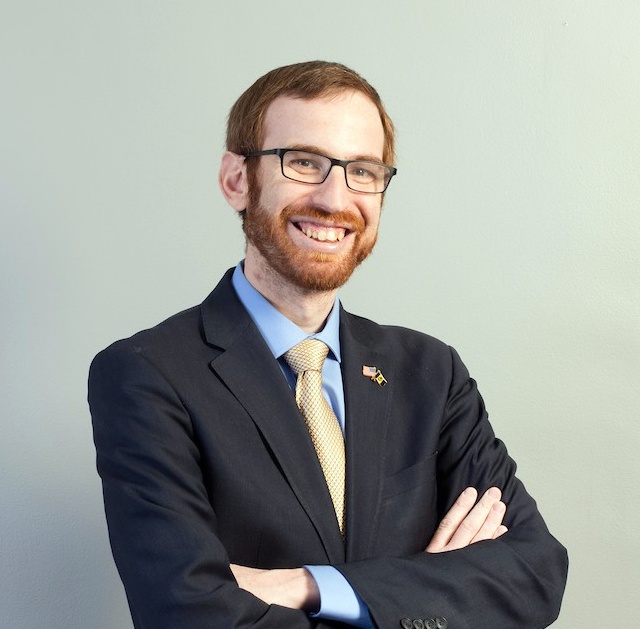



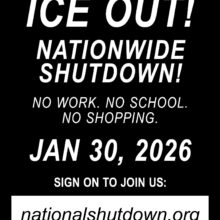
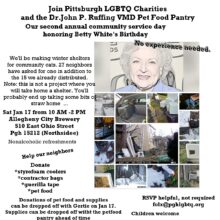
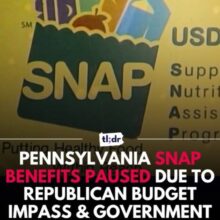
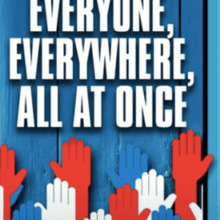
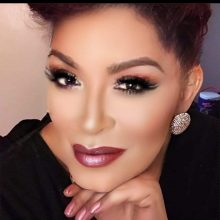

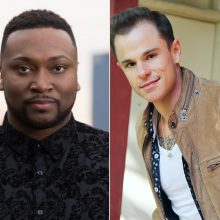
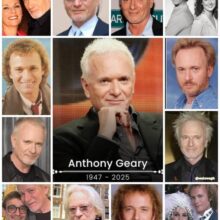


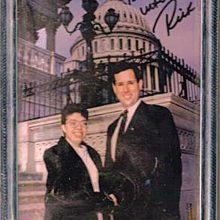
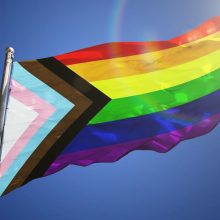



We love Dan Gilman! Thank you, Dan!